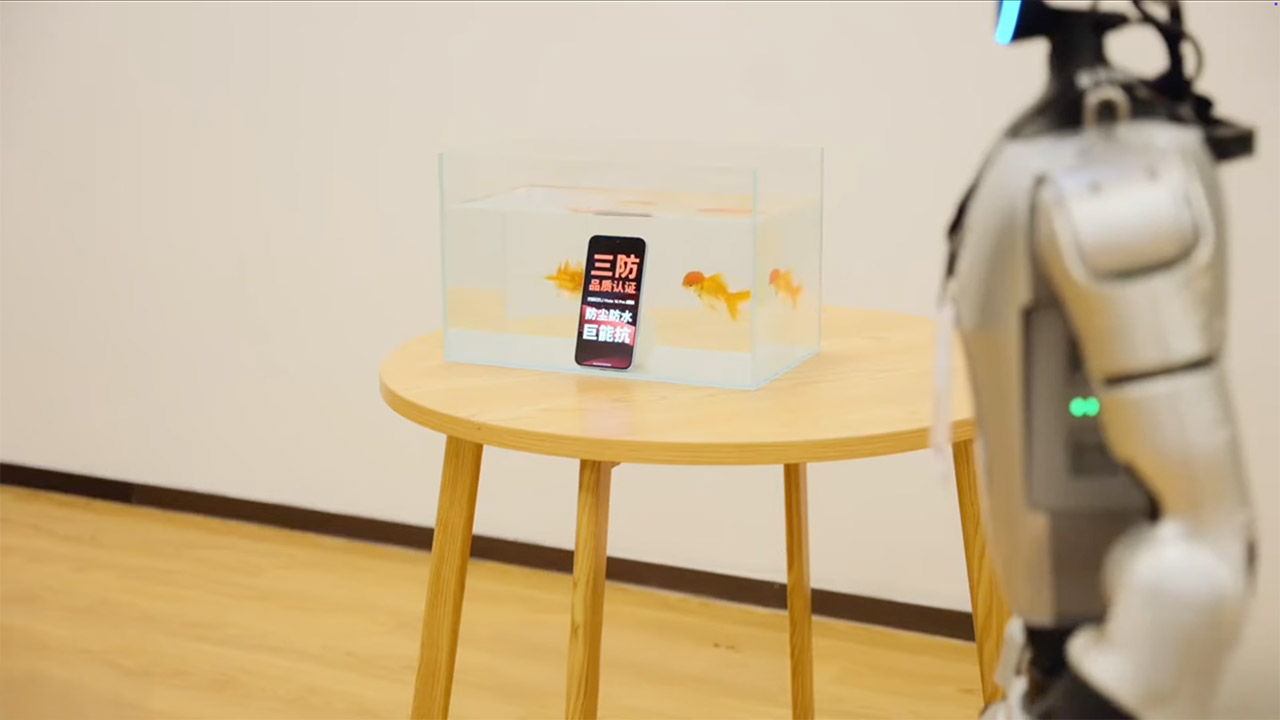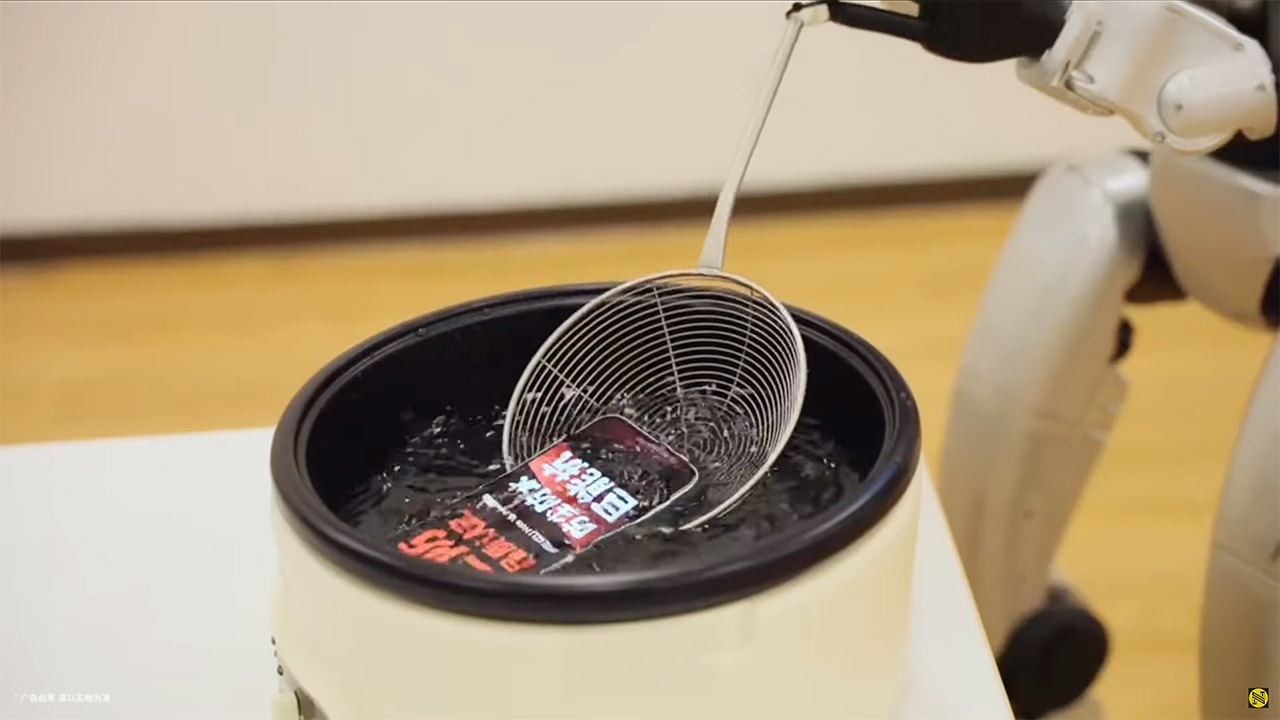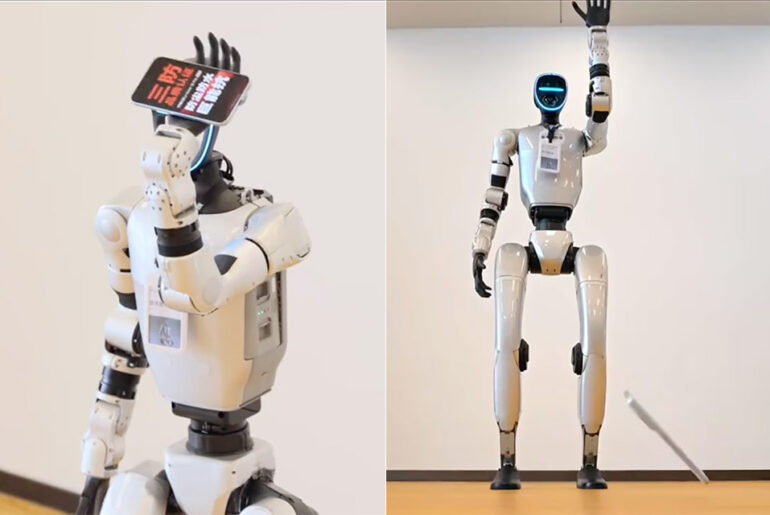
Meizu, getting ready to launch its Note 16 series on May 13, including the Note 16 Pro, showed a unique way to test durability by using a Unitree G1, a futuristic-looking humanoid robot, to do drop tests.
Usually, smartphone toughness tests happen in controlled labs with automated machines. Here, Meizu gave the Note 16 Pro to the Unitree G1, which apparently dropped the phone multiple times to show how strong it is.
Motorola Moto G Stylus 5G | 2024 | Unlocked | Made for US 8/256GB | 50MP Camera | Caramel Latte
- NEW built-in stylus. Jot notes, edit photos, sketch artwork, and navigate effortlessly with an improved stylus and updated software.
- 6.7" pOLED display and Dolby Atmos. Experience cinema-quality entertainment with over a billion shades of color and multidimensional sound*.
- 50MP Ultra Pixel camera + OIS. Capture sharper low-light photos and smoother videos with an unshakable camera system featuring Optical Image...

The stunt was probably meant to build excitement before the phone’s official reveal, mixing high-tech robotics with smartphone marketing. A social media user jokingly commented on the unusual choice, saying it was a daring move by someone who hasn’t seen dystopian robot movies like The Terminator.

There aren’t many details about the test itself. We don’t know specifics like how high the phone was dropped, what surfaces it hit, or how many drops it faced. Plus, no official info was given on how the Note 16 Pro did, like if it got scratched up or kept running smoothly.
The Unitree G1, created by Unitree Robotics, is a versatile humanoid robot designed for tasks requiring agility and precision, which probably made it good at handling the phone and copying real-life drop situations. Still, without a full report or video evidence, it’s tough to tell how strict the test was compared to usual industry standards, like tests from JerryRigEverything or MIL-STD-810G certifications.
[Source]










